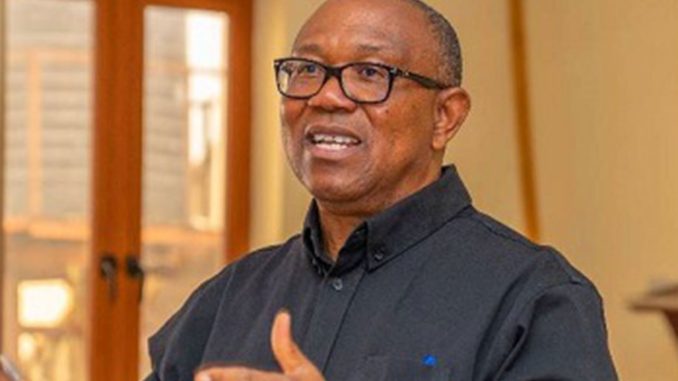
The former governor of Anambra State and 2023 presidential candidate for the Labour Party, Peter Obi has said that Nigeria needs at least 1,000 universities to ensure quality education.
Obi making a comparison between Nigeria’s education system and that of Indonesia said there is a need for the nation to prioritise learning and development.
In a post made on X following his recent visit to Indonesia, the former governor said he met with the nation’s education minister, Nunuk Survani and her team to discuss educational systems.
According to Obi, Indonesia’s system of education serves about 50 million pupils at the basic education level with over three million teachers.
He said, “To maintain high standards, all teachers are required to have a degree and teachers professional certification. With the strict implementation of its compulsory basic education policy, Indonesia has achieved a 99% school enrollment rate, significantly addressing the issue of out-of-school children.
“With 20% of its annual budget allocated to education, Indonesia prioritizes a critical pillar of national development.
“As we all know, the more educated a country is, the more developed it becomes. At the tertiary level, Indonesia has over 4,000 universities, while Nigeria has less than 10% of that—despite having a population that is about 80% of Indonesia’s.
“Based on this ratio, we should have at least 1,000 universities,” Obi stated.
In addition, he met with Indonesia’s minister of health Budi Gunadi and with the team at the Ministry of MSMEs.
He said he discussed the country’s advancements in universal health coverage and the focus on preventive care as the most effective public health strategy.
With this he said the country aims to reduce disease burdens through proactive measures.
“The government fully subsidizes premiums for low-income individuals and is aggressively expanding the training of primary health workers, even in rural villages, to ensure truly inclusive healthcare,” Obi added.
At the MSMEs ministry, te ministry, through its agencies, provides mentorship, training, equipment, and financial support.
He said that from his findings, a significant portion of the total bank loans – about $20 billion – is dedicated to MSMEs at an interest rate of 3% to 6%, with the government covering the differential from the commercial loan rate of 12% to 13%.
“This contrasts with our situation in Nigeria, where the total loans available to over 40 million SMEs are less than 10% of what is allocated in Indonesia, compounded by several other negatively impacting environmental factors,” he added.
Obi noted these meetings have been invaluable in highlighting Indonesia’s commitment to advancing healthcare, education, and economic growth.
He said that it is clear that Indonesia stands as a learning model for developing nations.


